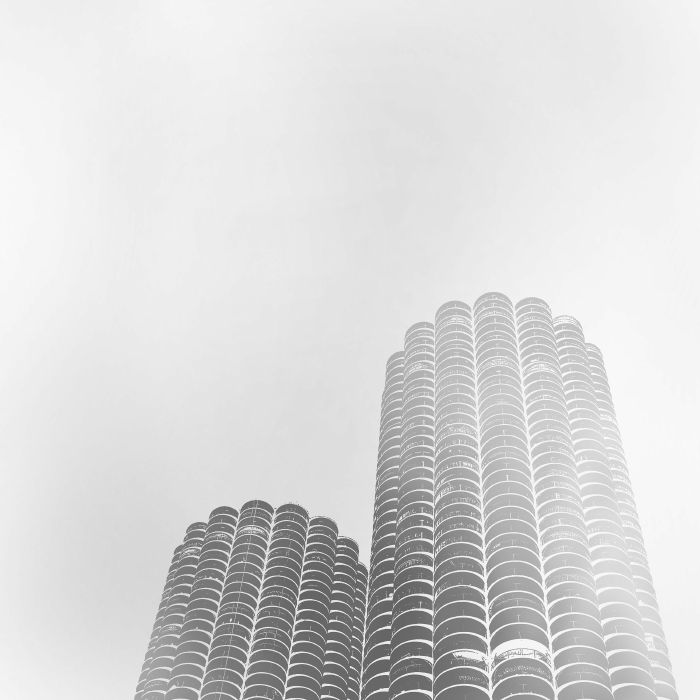Dusted Down – Wilco: Yankee Hotel Foxtrot (Nonesuch)
A defining moment in Americana from 2001

Wilco – Yankee Hotel Foxtrot (deluxe edition) (Nonesuch)
Following the release of Wilco’s Yankee Hotel Foxtrot in 2001, the music press proclaimed the album to be the Americana equivalent of Radiohead’s Kid A. Indeed, both albums were greeted by concern regarding their commercial appeal. Just as Capitol Records’ Rob Gordon described Kid A’s promotion as a “business challenge”, Yankee Hotel Foxtrot was deemed a “career-ender” by Wilco’s label Reprise.
In fact, Reprise was so dismissive of the record that they refused to release it, forcing Wilco to self-release via their website. Thus, both records were certainly uncompromising, potentially inaccessible, and laced with ambitious cross-genre experimentation, but beyond these factors, the comparison falters. Arguably, the record Yankee Hotel Foxtrot most convincingly parallels is the preceding Radiohead record, OK Computer. Where Kid A marked a radical shift into something utterly distinct from the band’s alternative rock beginnings, OK Computer remained rooted in that genre while incorporating hints of electronic experimentation. Similarly, Yankee Hotel Foxtrot is not so far steeped in abstraction that it loses its grounding in what was labelled alt-country.
Much of Tweedy’s work here is radiofriendly and fairly unpretentious. The record’s appeal is in lacing this fairly uncomplicated music with an abrasive experimentation rare in the typically organic palette of Americana. This dynamic appears immediately in the contrast between the opening two tracks.
Compare the odd drums, noisy dissonance, and strange sonics of ‘I Am Trying to Break Your Heart’ with the upbeat accessibility of ‘Kamera’. Tweedy’s despondent vocals and lyrics are teased here before falling into strained desperation on ‘Radio Cure’. Where ‘Kamera’ contains Tweedy’s plea “phone my family, tell ’em I’m lost on the sidewalk”, ‘Radio Cure’ feels eerily like a hopeless acceptance:
Cheer up, honey, I hope you can
There is something wrong with me
My mind is filled with silvery stars
Honey, kisses, clouds of fluff
Once again the album flip-flops back to a more positive tone with “War on War”. Here is another example of the album’s persistent but unobtrusive experimentation. Certain spaces in the song are reserved for strange guitar tones and psychedelic effects but the rest is left unadorned.
After some ambitious studio noodling, we return to the organic sounds of traditional Americana. At first, the instrumentation of “Jesus, Etc.” feels deeply familiar, recalling the feel of the American barn dance. “Ashes of American Flags” is a somber, strange highlight of the album. It’s perhaps the best example of the album’s particular instrumental duality. The simple, mournful melodies are persistently underlined by a quiet wash of synthetic noise. At the outro, this sounds noise morphs into strange, aggressive collages of static.
Much of the album seems to follow this trajectory of degeneration, the music descending from poppy rock into anxious discordance. ‘I’m the Man Who Loves You’ follows this pattern, starting as a peppy love song and ending with Tweedy’s progressively dysfunctional guitar solo. It makes for a thrilling intersection of ideas. Much like OK Computer’s tech-fuelled paranoia, this noisy experimentation often feels like an ominous, malfunctioning technology raining on Wilco’s country-tinged, organic parade.
There is a vision of personal and societal collapse running through the LP. You can find it in the recurrent noisy detours. It’s often more obvious with titles like ‘Ashes of American Flags’. And, you can hear it in Tweedy’s dejected vocals. Alongside the more obvious personal interpretation, there is a palpable sense that Tweedy is wrestling with the idea of America. The fact that he does so within a genre so often associated with an idealised America makes it even more effective. All in all, in spite of the many comparisons to other seminal works, Yankee Hotel Foxtrot was a truly unique record, occupying a bold position in Americana’s history.
Noah Sparkes
Pre-order your copy of the deluxe edition of Yankee Hotel Foxtrot, out on September 30, by clicking here